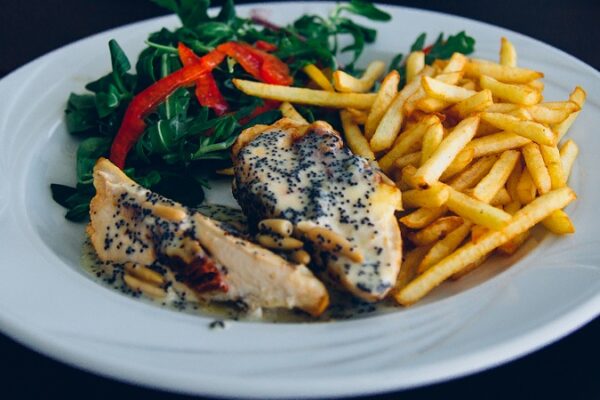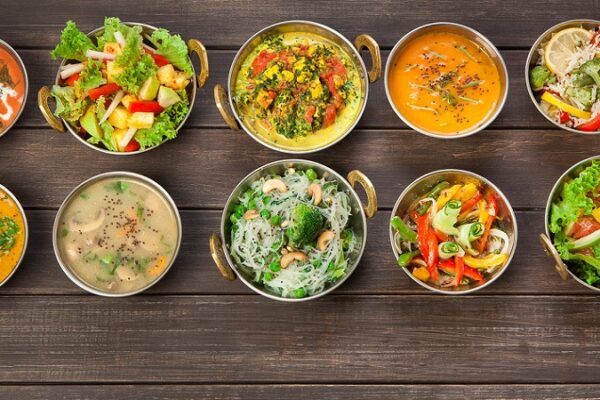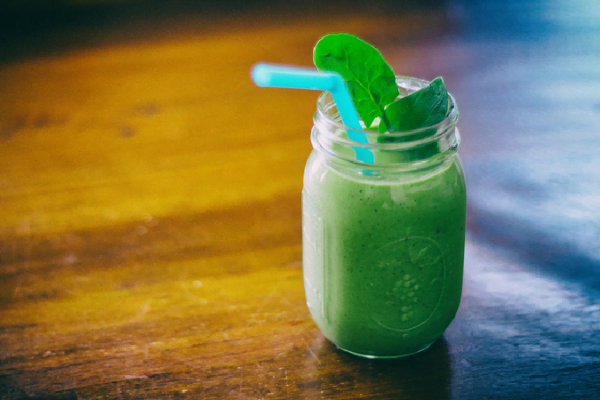Carbohydrates live at the heart of diet discussions: is it forbidden to eat at night? Need to cut it out? What is low carb? – would this diet be the definitive solution for weight loss?
In fact, carbohydrates raise a subject in the world of nutrition and always end up being splashed on the cover of magazines, talked about by celebrities, in social circles, in the elevator etc. After all, nowadays the most common “go to” when you need a subject to talk about, is food: but unfortunately, it’s always a focus of what we cannot eat.
Well, first of all I’d like to raise the carbohydrate discussion a little bit, and then get into the question of ‘what is low carb?’ Instead of demonizing the poor guy, how about understanding the role he plays in our food?
Carbohydrates are one of the main sources of energy for humans and is present in several foods: breads, pasta, rice, fruits and vegetables… Thus, in addition to supplying energy, this nutrient is also essential for the performance of various metabolic functions. Carbohydrates provide a fast source of glucose, which is our gasoline. Your brain feeds on glucose, just like your muscles, cells, etc…
The secret is not restriction / diet, but to seek to eat better. Learn about the Sophie Effect!
What is low carb?
It doesn’t take much effort to find the answer to the question “what is low carb?”, after all, the one thing not lacking on the internet is dubious guidelines on fad diets. And that’s one more of them.
As the name itself says, the low carb plan is based on little or almost no carbohydrates. Instead, foods that are high in protein and fat are included. I’ve always been against diets that exclude an entire food group, and in this case it’s no different.
After all, what is low carb? In most cases, this low carb diet is no more than a restrictive diet, and restrictive diets don’t work because they’re not sustainable in the long run. They can change your relationship with food, especially with carbohydrates, and cause you to lose control when you go back to eating! Make no mistake, even if you can stay focused, it’s unfeasible to spend the rest of your life without eating bread, pasta and rice.
Does cutting out carbohydrates really help you lose weight?
The answer to this question is math: Of course, excluding the entire carbohydrate source from your diet will bring about immediate weight loss. But this doesn’t happen in a healthy way: the absence of this nutrient is understood as an aggression to the body.
With this, the body will seek to survive by searching in its reserves for the nutrients that it’s lacking. That is, some fat actually goes, but muscles go as well. And losing lean mass is not cool in terms of health!
I always like to remember that the body understands a restrictive diet as a period of scarcity, starvation. To defend itself, it will try to adapt by increasing your appetite and decreasing your metabolism. That’s why 95% of people on a restrictive diet end up gaining weight again.
Make peace with carbohydrates!
The question “what is low carb?” is actually quite old. It just appears in different clothes from time to time because this is part of the diet market: demonizing food or food groups.
The carbohydrate ‘is bad’ trend gained momentum in the 1970s with Robert Atkins’ diet, which sold the idea that carbohydrates would be the number one cause of obesity in the world. That is: take out carbohydrates, eat protein and fat instead. And become thin! But does that make sense?
Based on science and my experience, I don’t believe that this can contribute to either healthy weight loss or a good relationship with food. I struggle everyday to deconstruct the idea that there are good or bad foods.
Carbohydrates alone are not to blame for the obesity epidemic plaguing the planet. It’s true that we consume too much in our daily lives, the US is one of the leaders of excess sugar consumption and we need to reduce this. But it’s not that simple!
Variation is all good!
I repeat the “mantra” already widely known by those who seek balance: “everything in excess is bad”. But restricting yourself is not the best way either, because it’s not easy to manage this kind of change for the rest of your life. Bread or potato, for example, are some of the most present foods in our culture. And what about pizza, a symbol of celebration, of joy?
What I always propose is a balanced and diverse diet, yes, eat carbohydrates! If you feed exclusively on carbohydrates, you will surely accumulate fat. Now if you can add more vegetables and fruits, combine a varied diet throughout your day, respect the signs of your hunger and satiety, and if you hydrate, preferably with water, you’ll be on the way to reaching your healthy weight, which is probably not the weight or measurements seen on magazine covers!. Focus on health and not weight!
Try to prioritize natural foods, and reduce your consumption of ultra-processed foods.
Variety and pleasure are the key words for those who want to make peace with their bodies: eating a little of everything, in moderation, day by day becomes easier and the act of eating is again a pleasure.
Bon appétit!
Also see:








